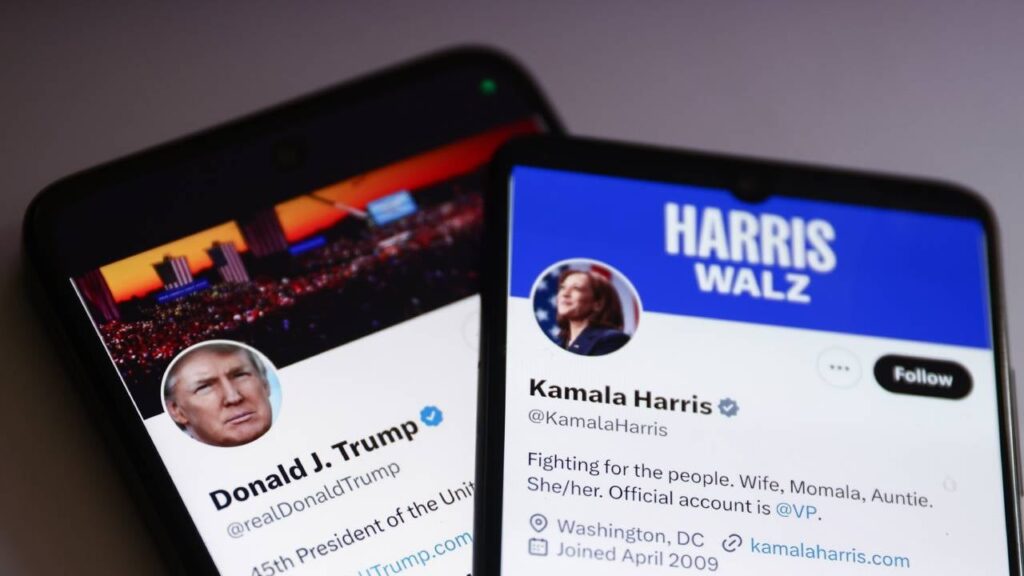According to a recent report by Public Citizen, nearly half of the corporate money contributed to this year’s federal election campaigns has come from crypto backers.
But what are the goals of these crypto supporters? And where do presidential candidates Donald Trump and Kamala Harris stand on cryptocurrency and its regulatory future?
In this article, we delve into the stances of both candidates, as well as the significant amount of money major crypto corporations have invested in political contributions this year and their objectives with that influence.
Crypto’s Impact on the 2024 Election
Cryptocurrency, once considered a passing trend, has now become mainstream, with its affluent supporters spending generously to gain influence in the 2024 elections.
As per the report by Public Citizen, crypto corporations and wealthy investors have contributed over $119 million to influence federal elections. The majority of this funding is channeled into a non-partisan super PAC named Fairshake, aiming to support pro-crypto candidates and oppose crypto skeptics.
Leading the pack in corporate political spending for 2024 are crypto companies like Coinbase and Ripple, accounting for nearly half of all corporate contributions this election cycle.
Crypto executives argue that digital currency has a broad appeal, despite a Federal Reserve survey showing that only about 7% of Americans held or used crypto in 2023.
Presidential Candidates’ Views on Cryptocurrency
With crypto lobbyists gaining prominence in the 2024 election, both Trump and Harris are under pressure to define their positions on the issue.
Kamala Harris
Vice President Kamala Harris has yet to take a clear stance on cryptocurrency during her campaign, reflecting the broader uncertainty within the Democratic party.
Democrats are working to improve relations with the crypto industry, with efforts to embrace pro-crypto policies in the party platform.
Donald Trump
Former President Donald Trump, initially skeptical of cryptocurrency, has rebranded himself as a pro-crypto candidate, aiming to win over crypto enthusiasts and donors.
Trump’s campaign now accepts Bitcoin donations and has launched digital NFT trading cards featuring him in various poses related to cryptocurrency.
At the Bitcoin 2024 conference, Trump outlined his crypto-friendly policies, including the creation of a government stockpile of Bitcoin and the formation of a crypto advisory council.
Conclusion
Cryptocurrency’s significant presence in the 2024 election is shaping the positions of both presidential candidates and influencing campaign funding. While Trump has made bold promises to the crypto community, Harris and the Democrats are playing catch-up.
As the battle over crypto regulation intensifies, it remains a crucial issue to monitor in the lead-up to the election.

